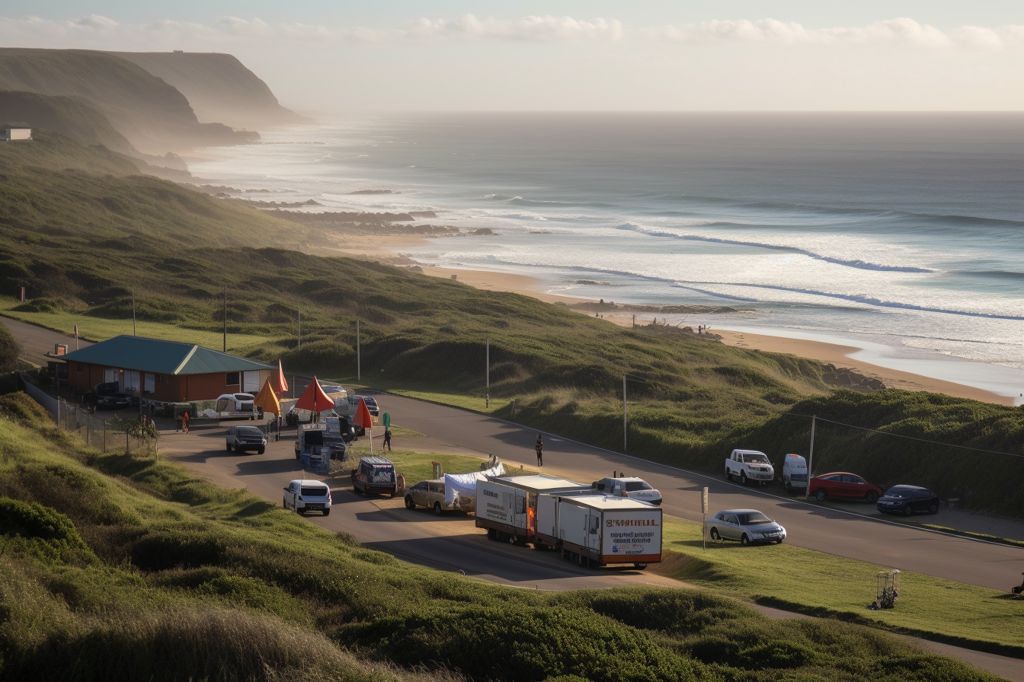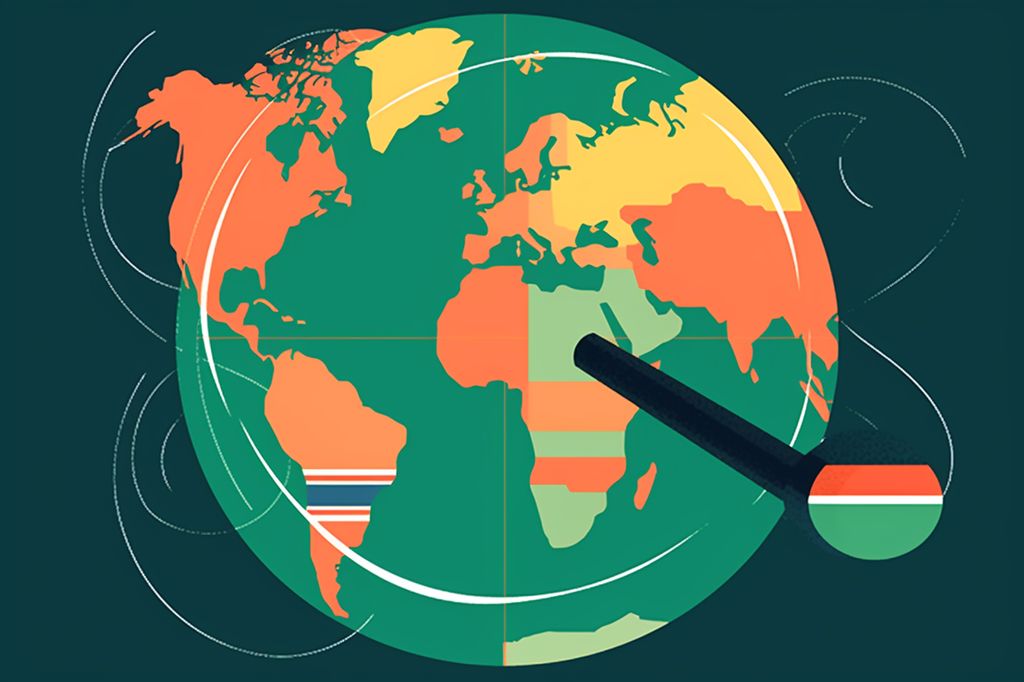The N2 Wild Coast Road Project is a significant infrastructure project that has the potential to revolutionize South Africa’s transport industry. The South African National Roads Agency SOC Limited (SANRAL) is responsible for the project, estimated to cost R10 billion.
Aims
The N2 Wild Coast Road Project aims to create a faster and more efficient road network between the Eastern Cape and KwaZulu-Natal, supporting economic growth and development in the region. The project will reduce travel distance by 69km and 85km compared to the current N2 and R61 routes. It will involve the construction of new river bridges, interchange bridges, and the upgrading or constructing of linking access roads.
Benefits
The project will benefit local communities, including job creation and economic growth. Improved connectivity between the Eastern Cape and KwaZulu-Natal will facilitate more straightforward and quicker travel, improving social and economic connectivity. The project will also provide opportunities for local businesses to expand and for tourist attractions to develop.
Key Features
One of the critical features of the project is the construction of the Msikaba and Mtentu mega-bridges. These bridges will be among the world’s longest cable-stayed bridges, with the Msikaba Bridge measuring 1.1km and the Mtentu Bridge measuring 1.6km.
Oversight Visit
Recently, the Minister of Transport, Ms. Lydia Sindisiwe Chikunga, and the Deputy Minister, Mr. Lisa Mangcu, conducted an oversight visit of the N2 Wild Coast Road Project to inspect progress. The visit allowed media interviews and photography to report on the project’s impact on the economy and the region’s development.
Once completed, the N2 Wild Coast Road Project promises to bring tremendous benefits to local communities and businesses in the region. The project’s faster and more efficient road network will support economic growth and development, job creation, and infrastructure improvement. In addition, SANRAL’s investment in the project shows its commitment to delivering high-quality infrastructure projects that support the National Development Plan’s goals.












